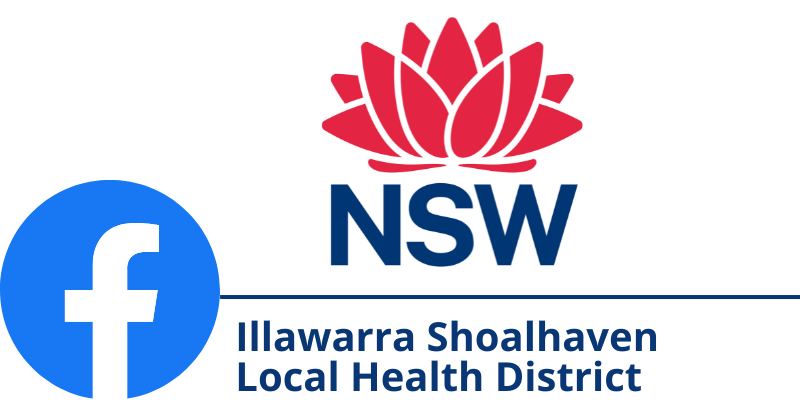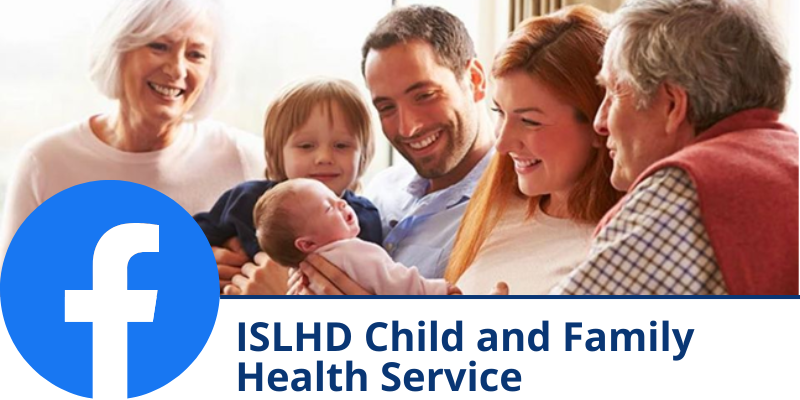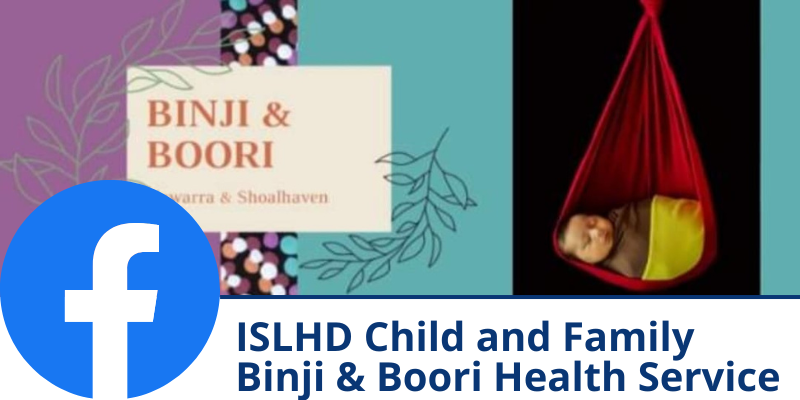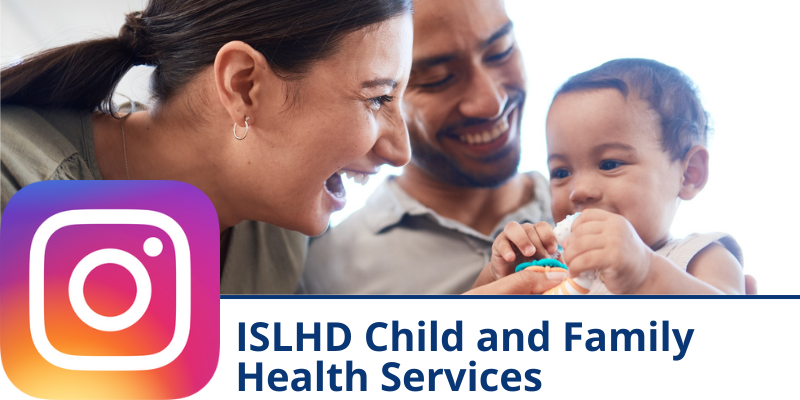Help your child thrive from pregnancy to five.
Antenatal | Brain development | Childhood experiences
The ISLHD Child and Family Health A.B.C. Connect with me – Help your child thrive from pregnancy to five education package contains important information about what happens in the antenatal period and experiences in early childhood impact on brain development. It’s the new ABC!
On this page
- Introduction
- Why is it important?
- Learn the signs - act early
- Video series
- Downloadable resource
- Get support at your nearest Child and Family Centre
- Learn more - join our webinar
- Social media
Introduction
The time from pregnancy until your child starts school has a life-long effect.
Antenatal
- The health of mum and family during pregnancy can affect your baby. This includes how they grow, develop and their future wellbeing.
- The brain grows a third of its weight during the last five weeks of pregnancy. Every week of pregnancy counts.
- Keeping your pregnancy weight gain to within healthy guidelines will impact the future health of your child.
- Starting your pregnancy within a healthy weight range will keep your child healthy for their future.
- Getting help with excess weight during pregnancy can help your baby to be healthy and also help you to have a healthy delivery (ask about referral to Get Healthy in Pregnancy).
A summary of current evidence around gestational weight gain is summarised in the pregnancy care guidelines
Brain development
- 90% of your child's brain development happens before the age of five.
- Having a nurturing relationship with your child is important for building healthy brains. This starts during pregnancy.
- Blue Book checks and immunisations ensure that your child is healthy and growing well.
Childhood experiences
- Your child will flourish when they are given opportunities to learn through play.
- Your child's future health and development can be affected by toxic stress.
- High quality early childhood education gives your child the best start in life.
- Your child's development at 22 months can predict their education outcomes at 26 years.
Why is it important?
What happens in these first 2,000 days of life - physically, cognitively, socially and emotionally - can effect the next 30,000 days!
- Healthy social and emotional development:
- Helps your child's future health and wellbeing
- Provides a safe environment for them to play, explore and learn
- Supports them to form trusting relationships
- Helps them to understand and manage their emotions and behaviours
- Builds resilience
- Guides them to be nurturing role models for the next generation.
Your child's first 2000 days of life shapes their future - make them count!
Learn the signs - act early!
- Record your child's health, growth, development and immunisations.
- Visit a child and family health nurse or your doctor for your child's Blue Book checks.
- There are eight recommended health and development checks from birth until four years of age.
View the A.B.C. Connect with me video series
This series of educational videos was produced locally by the Illawarra Shoalhaven Local Health District with a NSW Health First 2000 Days Innovation Grant. Thank you to our local families across the Illawarra and Shoalhaven who participated and to the University of Wollongong Early Start for your contribution.
The videos explain what happens during the first 2000 days of your child’s life, and how this impacts on how they grow, develop and learn. The videos provide simple tips and tricks to help your child thrive from pregnancy to five.
View videos below or on YouTube.
Overview of your child's first 2000 days
Antenatal
Brain development
Childhood experiences
The importance of play
Your child's Blue Book
Quality early childhood education
Downloadable resource
A.B.C. Connect with me infographic flyer
Get support at your nearest Child and Family Health Centre
Are you up-to-date with your child's eight free health checks? Between birth and age five, expert nurses at your Child and Family Health Centre will check how your child plays, learns, talks and moves.
If you're having, or have just had a baby, there are also free services and groups to help you and your baby. Did you know that you have free access to:
- Health and development checks for your child
- Health advice from an expert nurse
- Breastfeeding and infant feeding help
- Parent groups.
Click here for more information and to find your local Child and Family Health Centre.
Learn more - join our webinar
ISLHD holds a regular webinar to help parents learn more about important child development.
Click here to find out about the next available A.B.C. Connect with me webinar.
Social media
Find information, events and updates on our Facebook page: Child and Family Health - Illawarra Shoalhaven Local Health District





